The ranching industry’s toxic grass problem
Food Environment and Reporting Network
MARCH 27, 2024
Over the next 20 years, much of the country’s southern landscape was transformed into a lush, evergreen pasture capable of supporting a robust cattle industry. When scientists engineered a version of fescue without the fungal endophyte, in 1982, its hardiness disappeared and ranchers saw it die out among their winter pastures.

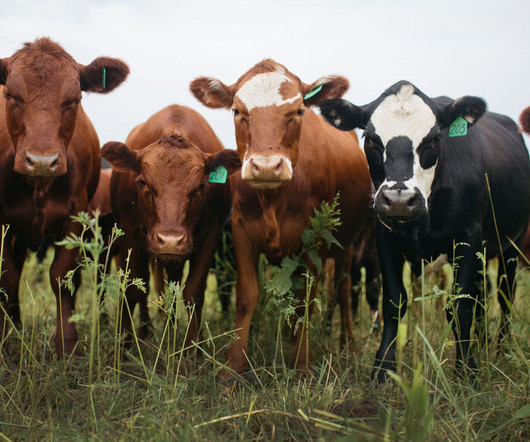
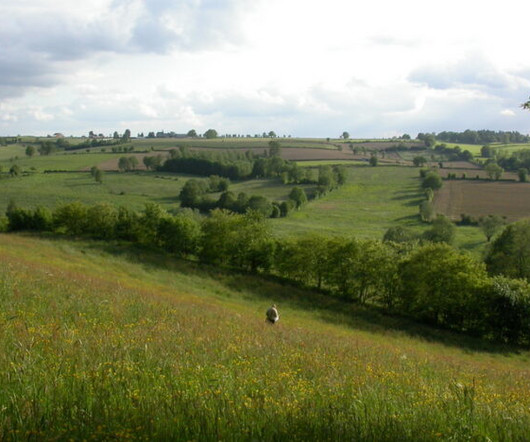
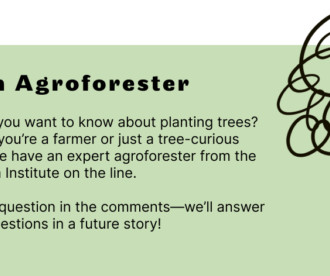
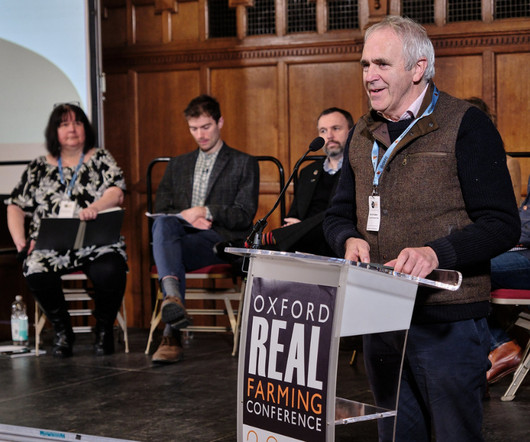
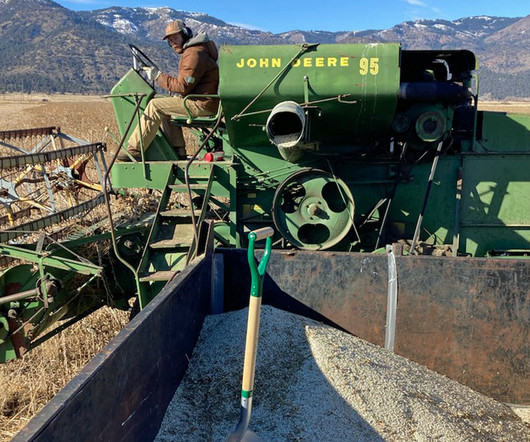

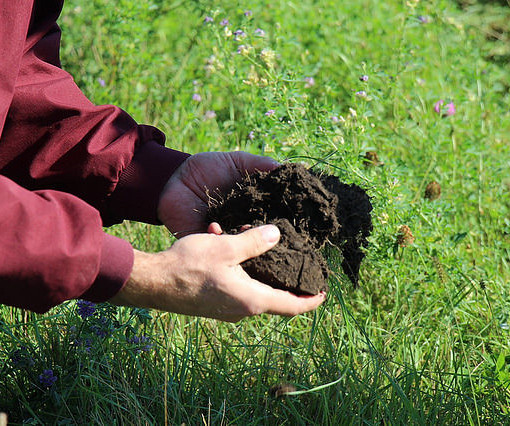

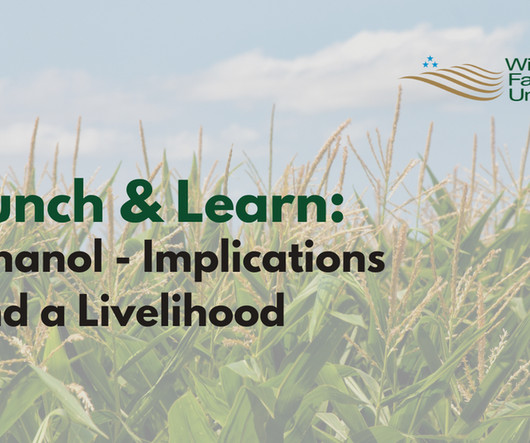










Let's personalize your content